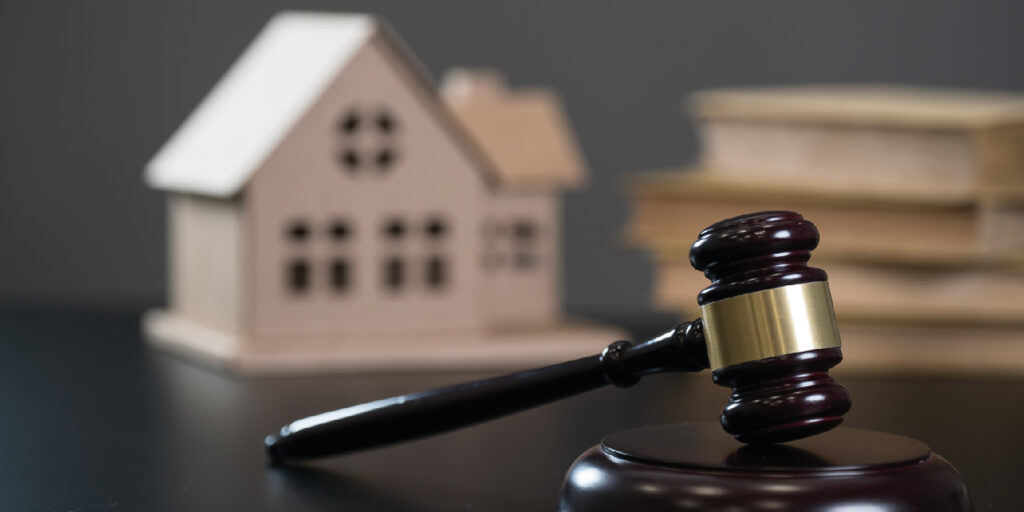Key Legal Precautions Before Buying Property in Dubai
Dubai’s real estate market is one of the most attractive in the world, offering investors and residents opportunities to own property in a fast-growing city. However, buying property here requires more than just selecting the right location or project—it involves crucial legal precautions to safeguard your investment. Without proper legal guidance, buyers risk falling into disputes, financial loss, or ownership complications.

1. Verify the Developer and Project
Before committing to any property purchase, ensure the developer is registered with the Dubai Land Department (DLD) and that the project is listed in the Real Estate Regulatory Agency (RERA) records. This step helps protect buyers from fraudulent or unapproved developments.
2. Understand Freehold vs. Leasehold
Dubai offers both freehold and leasehold ownership structures. Freehold grants the buyer complete ownership of the property and land, while leasehold typically allows ownership for 10–99 years, depending on the agreement. Understanding which type you are investing in is essential to avoid confusion or disappointment later.
3. Review the Sales and Purchase Agreement (SPA)
The SPA is one of the most important documents in the buying process. It defines the obligations of both buyer and seller, payment schedules, completion timelines, and penalties for delays. Buyers must carefully review the terms to ensure there are no unfavorable clauses.
4. Confirm No Outstanding Liabilities
Always verify that the property is free from mortgages, service charges, or other liabilities. The DLD issues a No Objection Certificate (NOC), which confirms that all dues have been cleared by the seller before the transfer of ownership.
5. Register with Dubai Land Department
All property transactions must be registered with the DLD to ensure legal ownership. Failure to do so could leave the buyer without enforceable ownership rights, exposing them to potential disputes.
How TLG: The Legal Group Assists Buyers
Property transactions in Dubai can be complex, especially for foreign buyers unfamiliar with UAE laws. This is where the expertise of Saif Al Shamsi, founder of TLG: The Legal Group, becomes invaluable. With years of experience in real estate law, he and his team help clients by:
- Conducting due diligence on developers, projects, and properties.
- Reviewing and negotiating SPAs to protect buyers from unfavorable terms.
- Ensuring compliance with DLD and RERA requirements.
- Handling disputes in cases of delays, misrepresentation, or fraud.
- Guiding clients through the entire registration process for secure ownership.
Conclusion
Purchasing property in Dubai is a rewarding investment, but it comes with legal obligations that must not be overlooked. By taking key precautions—verifying developers, understanding ownership structures, reviewing contracts, clearing liabilities, and registering with the DLD—buyers can protect themselves from unnecessary risks. With the right legal guidance, investing in Dubai’s real estate becomes not only safer but also far more rewarding.
